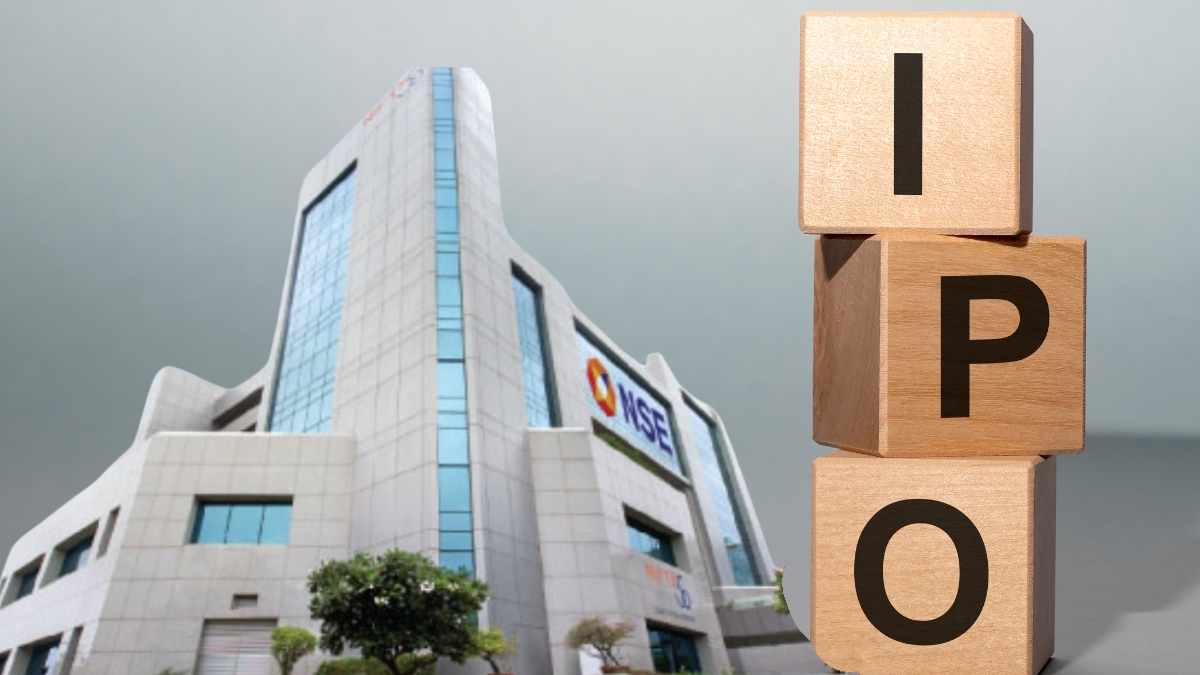The National Stock Exchange (NSE) of India, the country’s premier stock exchange, is pressing the finance ministry to step in regarding its long-delayed Initial Public Offering (IPO) process with the Securities and Exchange Board of India (SEBI). Reports indicate that this plea comes after several unsuccessful attempts since 2016 to secure a public listing, hindered by regulatory issues and scandals. In stark contrast, the Bombay Stock Exchange (BSE) has been operational since 2017.
NSE’s Call for Government Support
The NSE’s recent request for government intervention highlights the escalating tension between the exchange and India’s financial regulatory body. This unusual standoff raises questions about the future of the NSE’s IPO, as it seeks to resolve outstanding issues that have plagued its public offering for years.
- Key Investors Await Exit: A successful IPO could provide a crucial exit strategy for significant stakeholders such as the Life Insurance Corporation of India, State Bank of India, Morgan Stanley, and the Canada Pension Plan Investment Board.
Regulatory Hurdles and Delays
The NSE’s attempt to obtain a ‘no objection certificate’ (NOC) from SEBI faced setbacks earlier this year, leading to its outreach to the finance ministry. The exchange has sought this crucial approval multiple times, including applications in November 2019, twice in 2020, and again in August 2024, all without success.
In a statement, the NSE mentioned, “We have not communicated with the Government of India regarding our IPO in the last two and a half years.” This indicates a prolonged period of stagnation in what was once a promising path to public listing.
SEBI’s Concerns and Governance Issues
According to sources, the NSE’s letter to the finance ministry emphasizes the need for dialogue with the newly appointed SEBI Chairman, Tuhin Kanta Pandey, to address the concerns that have stalled the IPO. In a recent statement, Pandey acknowledged that SEBI is committed to resolving the issues surrounding the NSE’s public offering but stressed that commercial interests cannot overshadow public welfare.
- Governance as a Key Concern: SEBI has pointed out governance as a significant factor in the delay, particularly the NSE’s inability to appoint a chairman to its board. The NSE has countered these claims, asserting that its processes comply with SEBI regulations and blaming the regulatory body for not approving a candidate recommended in 2022.
Allegations of Bias Against BSE
Furthermore, the NSE has accused SEBI of showing favoritism toward its rival, the BSE, particularly regarding new regulations affecting the futures and options market. The exchange has expressed concerns about SEBI’s impartiality, arguing that these changes could adversely impact its business operations.
This ongoing saga between the NSE and SEBI continues to unfold, with both parties needing to find common ground to move forward. As the NSE seeks to navigate these turbulent waters, investors and market watchers remain eager for updates on this critical IPO journey.










